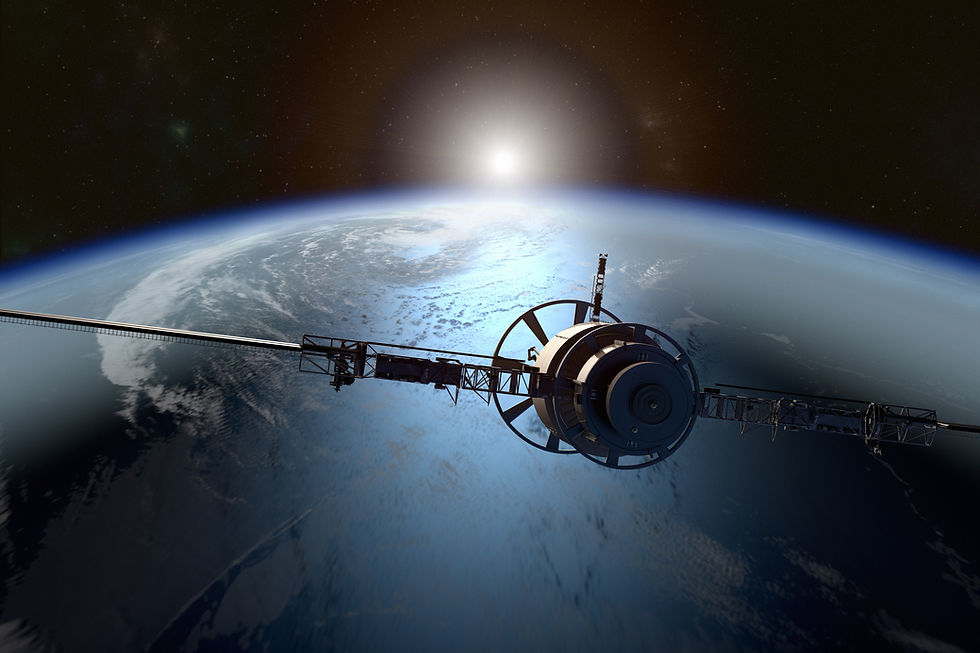4 ways to stop 80,000 acres of rainforests from getting destroyed daily
- Oct 1, 2020
- 2 min read
Did you know that rainforests are being destroyed at an unbelievable pace of around 80,000 acres per day. Yes, you read that right, per day.

Abundant biodiversity, large reservoirs of carbon dioxide, and an in-questionable role in stabilizing global warming truly makes Amazon Rainforests, unequivocally, a precious resource of this world. Yet, lumbering trees, burning forests, disappearing flora and fauna are putting untoward pressure on a very fragile ecosystem, one that is threatening the livelihood of 1.5 billion people whilst edging the sustainable existence of the other 6.5billion people towards a slow and painful climate change debacle.
The human population around the world depends on the Amazon, not just because it contains 40% of earth’s rainforests and harbors around 12% of the terrene species, but precariously also because the vast water and energy exchange in rainforests with the atmosphere is considered vital in controlling local and regional climates.
The Amazon rainforest is currently losing large areas to urbanization, agricultural expansion, cattle grazing, illegal logging and new roads. The low perceived economic value of standing forests is a huge challenge and is further exacerbated by weak governance and enforcement.
In addition to its unparalleled diversity of life, Amazon Rainforests play an essential role in helping to control the planet’s atmospheric carbon levels and serving as one of the earth's largest reservoirs of carbon dioxide, thereby regulating global climate patterns and producing a sixth of the world’s oxygen.
Close to 7,50,000 square kilometers of Amazon rainforest have been destroyed. Bringing unimaginable duress to the thousands of indigenous peoples whose lifestyles are being threatened, Amazon de-forestation cannot be slighted by the rest of the world. It a global crisis that should matter to every individual, government and corporate. Which is why it's important to take action.
Some of the ways through which we can save the Amazon rainforest:
· Reducing paper consumption
· Reducing plan oil consumption
· Reducing beef consumption
· Reducing sustainably harmful product consumption
After all that’s lost and destroyed, we have 2 billion hectares of tropical land left to preserve, an area just about the size of the United States and China combined, and representing around 13 percent of the world's land surface. Let’s not make this harder on ourselves and the earth.
.jpg)






Comments